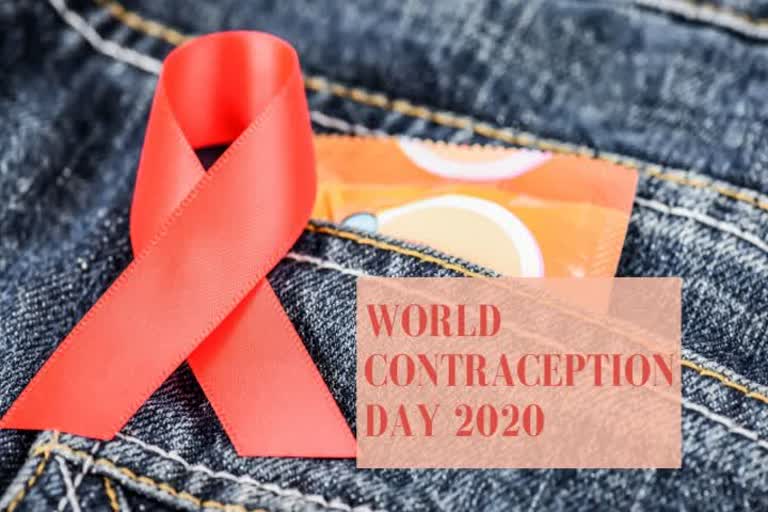Sexual Intercourse is a natural process that living beings indulge in, so as to continue the cycle of life on earth. However, sometimes, the sole purpose of it is to fulfil sexual desires. Therefore, contraception is required to avoid unplanned pregnancies. Contraceptives can also- help in maintaining a gap between two or more pregnancies, without affecting a couples sexual life and in controlling the problems of overpopulation faced by various countries, including India. There are various methods of birth control that are available such as drugs, devices, sexual practices and even surgeries to prevent any such scenario.
How Do They Work?
According to the National Health Service (NHS) UK, A woman can get pregnant if a man's sperm reaches one of her eggs (ova). Contraception tries to stop this happening by:
- keeping the egg and sperm apart
- stopping egg production
- stopping the combined sperm and egg (fertilised egg) attaching to the lining of the womb
What Are The Methods?
Here are some of the methods to avoid pregnancies as stated by the Centres for Disease Control and Prevention (CDC):
Reversible Methods of Birth Control
Intrauterine Contraception
- Levonorgestrel intrauterine system (LNG IUD)- The LNG IUD is a small T-shaped device like the Copper T IUD. It is placed inside the uterus by a doctor. It releases a small amount of progestin each day to keep you from getting pregnant.
- Copper T intrauterine device (IUD)- This IUD is a small device that is shaped in the form of a “T.” Your doctor places it inside the uterus to prevent pregnancy.
Hormonal Methods
- Implant- The implant is a single, thin rod that is inserted under the skin of a woman's upper arm. The rod contains a progestin that is released into the body over 3 years.
- Injection or “shot”- Women get shots of the hormone progestin in the buttocks or arm every three months from their doctor.
- Combined oral contraceptives- Also called “the pill,” combined oral contraceptives contain the hormones estrogen and progestin. It is prescribed by a doctor. A pill is taken at the same time each day.
- Progestin-only pill- Unlike the combined pill, the progestin-only pill (sometimes called the mini-pill) only has one hormone, progestin, instead of both estrogen and progestin.
- Patch- This skin patch is worn on the lower abdomen, buttocks, or upper body (but not on the breasts). This method is prescribed by a doctor. It releases hormones progestin and estrogen into the bloodstream.
- Hormonal vaginal contraceptive ring- The ring releases the hormones progestin and estrogen. You place the ring inside your vagina.
Barrier Methods
- Diaphragm or cervical cap- Each of these barrier methods are placed inside the vagina to cover the cervix to block sperm. The diaphragm is shaped like a shallow cup.
- Sponge- The contraceptive sponge contains spermicide and is placed in the vagina where it fits over the cervix. The sponge works for up to 24 hours and must be left in the vagina for at least 6 hours after the last act of intercourse, at which time it is removed and discarded.
- Female condom- Worn by the woman, the female condom helps keep sperm from getting into her body.
- Spermicides- These products work by killing sperm and come in several forms- foam, gel, cream, film, suppository, or tablet. They are placed in the vagina no more than one hour before intercourse.
Emergency Contraception
- Copper IUD- Women can have the copper T IUD inserted within five days of unprotected sex.
- Emergency contraceptive pills- Women can take emergency contraceptive pills up to 5 days after unprotected sex, but the sooner the pills are taken, the better they will work.
Permanent Methods of Birth Control
- Female Sterilization—Tubal ligation or “tying tubes”
- Male Sterilization–Vasectomy
All these methods exist, but it is necessary to consult your doctor before considering any of these options. An expert will be able to recommend the best available option for a happy and healthy sex life. Also, during these tough times, the medical authorities are ensuring easy access of contraceptives to the people, so that proper family planning is not neglected.


